 DMCA
DMCA How to Open a Bank Account Online in Kenya

Lydia Kibet
Guide

Lydia Kibet is a freelance writer with a knack for personal finance, investing, and all things money. She's passionate about explaining complex topics in easy-to-understand language. Her work has appeared on Business Insider, Investopedia, The Motley Fool, GOBankingRates, and Monito. She currently writes about personal finance, insurance, banking, real estate, mortgages, credit cards, loans, and more.
Links on this page, including products and brands featured on ‘Sponsored’ content, may earn us an affiliate commission. This does not affect the opinions and recommendations of our editors.
Read moreTraditionally, opening a bank account was a lengthy process that involved waiting in long queues at the bank. Today, with technology, opening a bank account has been made a fast, simple process that can be done from the comfort of your home.
If you’re wondering if you can open a bank account online without going to the bank in Kenya, the answer is yes. Several banks in the country have robust online platforms designed for convenient self-service. One of the services available is opening an account.
In this post, we’ll go over how to open a bank account online in Kenya using a step-by-step guide, including the requirements.
How to Open a Bank Account Online in Kenya
Types of Bank Accounts in Kenya
Before we look at how you can open a bank account online, it’s important to determine the type of bank account you want. While the specific types of accounts will vary depending on the bank, there are standard account types you can expect at any bank you choose.
These bank account types are designed to meet different needs, and the best account for you will depend on your current financial needs. Here are the various types of bank accounts:
Current Account
Current accounts are also known as cheque accounts. This is the account you use when you need to make transactions. You can deposit and withdraw money from the account at any time. The withdrawal amount and number of withdrawals are normally unlimited for most banks.
As a current account holder, you’re issued a chequebook, which you can use to make payments without cash. ATM cards can also be used for these accounts. You can also link a debit card with the account for purchases.
A current account is ideal if you want an account for everyday spending. It also helps you manage your finances by setting up standing orders for important bills. Most banks now offer online bill payment services through current accounts, making payments more streamlined and convenient.
Traditional current accounts don’t offer interest on your account balance. Moreover, banks charge monthly maintenance fees and have minimum balance requirements for these accounts. The specific fees levied will depend on the bank you choose.
Savings Account
Savings accounts are designed for customers who need to set money aside for future use. Opening a savings account can help you work toward a financial goal. With a savings account, your money earns interest at the rate offered by the specific bank.
With a savings account, the money is not as accessible as with a current account. The bank restricts the amount and number of times you can make withdrawals. Moreover, few banks offer chequebooks for savings accounts.
Since your deposits earn interest, your money increases over time. You can also open a savings account for your child or teenager. Some banks have specific accounts designed for children under 18.
It’s important to read and understand your bank’s policies on savings accounts before signing up so you know your withdrawal amount restrictions.
Money Market Account
A money market account is a special account type that attracts a higher interest rate than current and savings accounts. This account has features of both savings and current accounts. There are limited cheque-writing privileges, so they can be used for both short-term and long-term needs.
A money market account is ideal if you normally have higher balances in your current account and would like to earn more interest while still being able to write cheques. These accounts typically have a minimum balance requirement, so it’s crucial to confirm the terms with your bank.
Fixed Deposit Account
A fixed deposit account, also known as Certificate of Deposit or time deposit, is a special savings account that holds your money for a fixed term. This type of account typically offers the highest interest rate. However, you must commit to keeping the money in the account for the entire duration, or else you’ll be charged an early withdrawal penalty.
This account type is best for savings toward a financial goal with a determined end date. It’s a great place to keep and grow your money until needed. Some banks offer flexible deposit accounts with the option to withdraw money early without penalty.
Foreign Currency Account
A foreign currency account, or a domiciliary account, is a type of bank account you can use to hold and transact in foreign currencies. Several banks in Kenya offer this type of account and allow Kenyans to receive payments or save in major currencies like USD and EUR.
A foreign currency account is a great way to save money and protect your savings against the depreciating value of the Kenyan shilling. Different banks have different terms, like minimum balance requirements, so it’s important to research this information and compare your options before making a decision.
How To Open a Bank Account Online in Kenya
While most banks in Kenya offer mobile and internet banking, they require you to visit a branch physically to open an account. Still, some banks like KCB, Equity, and Standard Chartered allow potential customers to open a bank account online.
Here are the steps you need to follow when opening a bank account online:
Step 1: Choose a Bank
There are over thirty banks in Kenya, so it’s important to research your options before settling on one. While the banks offer similar services, there are significant differences in how they operate, including the specific banking solutions offered and the fees charged.
Step 2: Visit the Bank’s Website or Download the App
Once you’ve chosen a bank and determined that it allows people to open an account online, you can visit their official website to proceed with the application. Alternatively, you can download the bank’s official app from the Google Play Store or App Store.
Step 3: Register as a New User
The website will ask you to log in if you’re a customer or sign up as a new user. Depending on the specific bank, you’ll find prompts like “Not a member of the bank?” Follow the prompts to sign up.
Step 4: Enter Your Details
The next step is entering your details, such as your name and residential address. Depending on the specific bank, you may be directed to download an application form where you’ll enter your details.
The typical requirements for opening a bank account in Kenya are:
- National ID or passport
- Duly filled application form
- KRA Certificate or PIN
- Proof of address
- Passport-sized photographs
- Some banks may require a character reference, such as a recommendation from your employer or an introduction letter from an account holder at the bank.
Step 5: Accept Terms and Conditions
Once you’ve filled in your details, you’ll be directed to a page where you’re required to accept the bank’s terms and conditions. It’s important to read them carefully, as this is a legally binding contract.
Step 6: Authentication/Verification
For most banks, the last step is authentication. You will receive a one-time pin (OTP) via SMS or email, depending on your preference. Once you input it, the process is complete.
Step 7: Set Up Your Account
That’s it. You have a new bank account. You can set it up by choosing your login credentials and PIN for transactions. It’s important to choose a strong password to protect your account from unauthorized access.
Once you have your account, you can access the bank’s services.
FAQs About Opening a Bank Account Online in Kenya
Can I open a bank account online without going to the bank in Kenya?
Yes. Several banks in Kenya, including Standard Chartered, KCB, Equity, and Stanbic, allow you to open a bank account online without visiting a branch.
How long does it take to open a bank account online?
In most cases, opening a bank account online takes a few minutes. At most, opening a bank account online takes one business day to process. It’s important to provide all the required documents and enter your details accurately to avoid processing issues.
How much does it cost to open a bank account online in Kenya?
Most banks don’t charge an opening fee, so opening an account is free. However, depending on the specific account you’re opening, you may be required to deposit a minimum opening balance.
You May Also Like These Guides
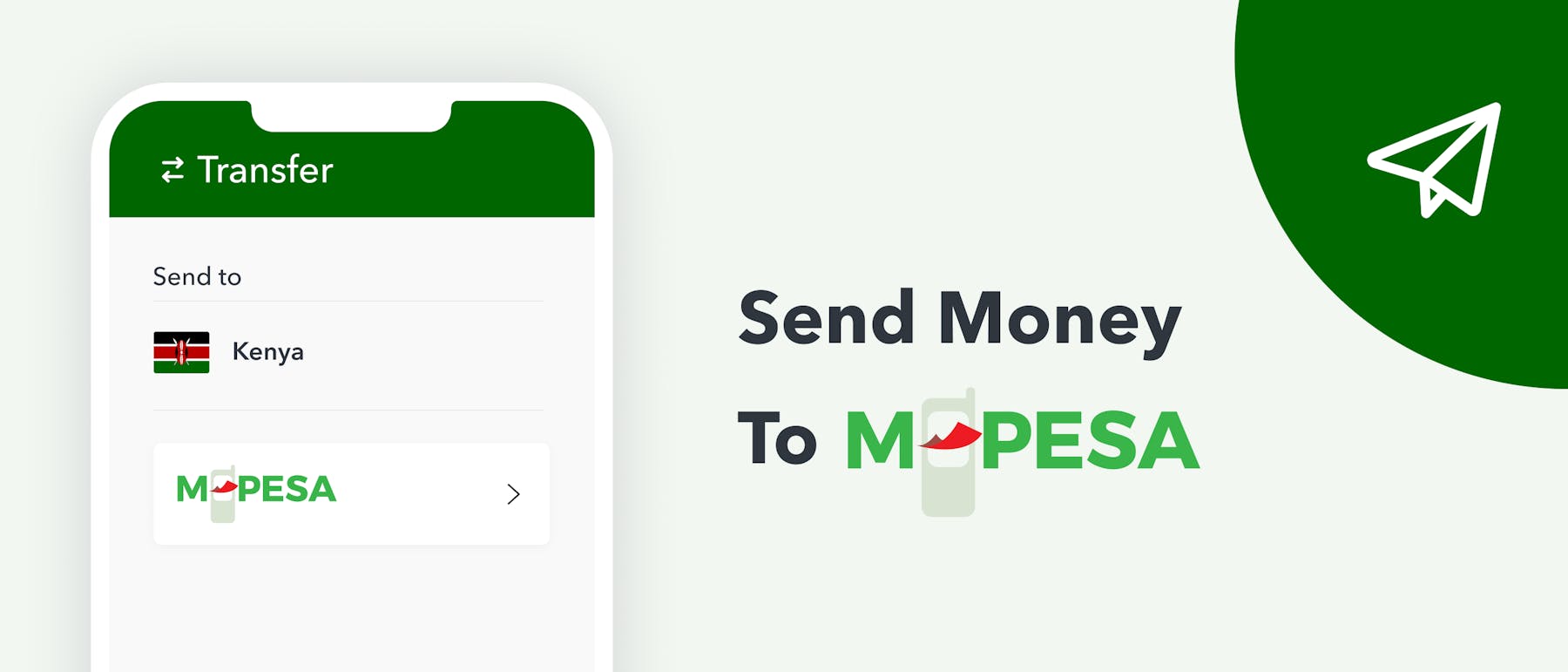



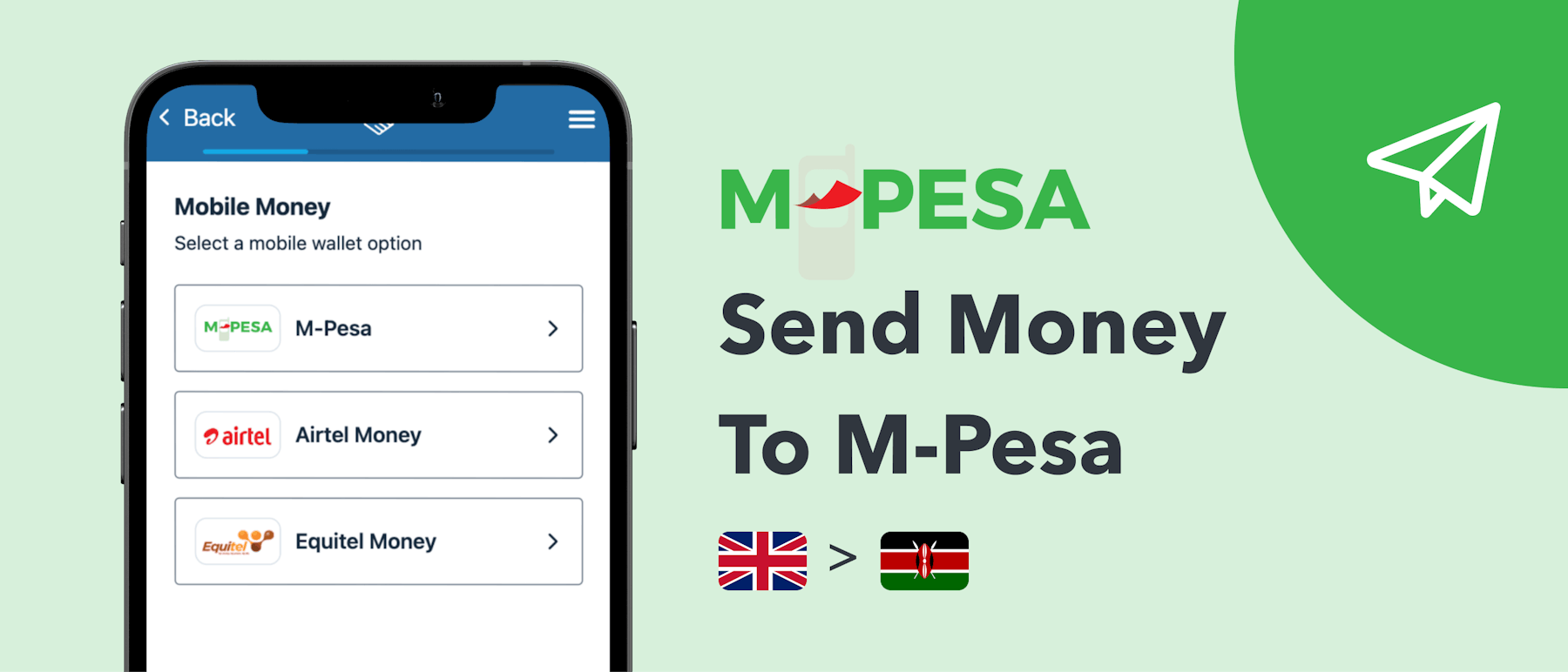
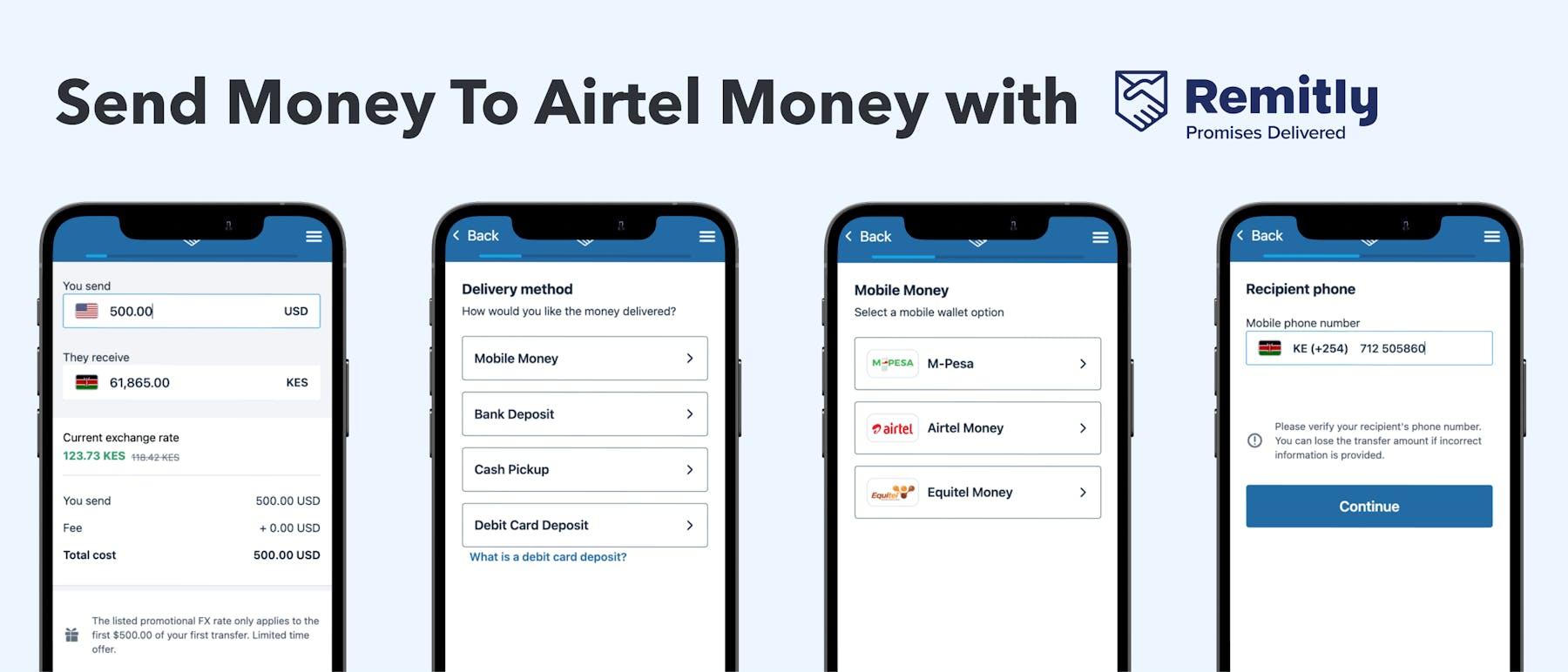
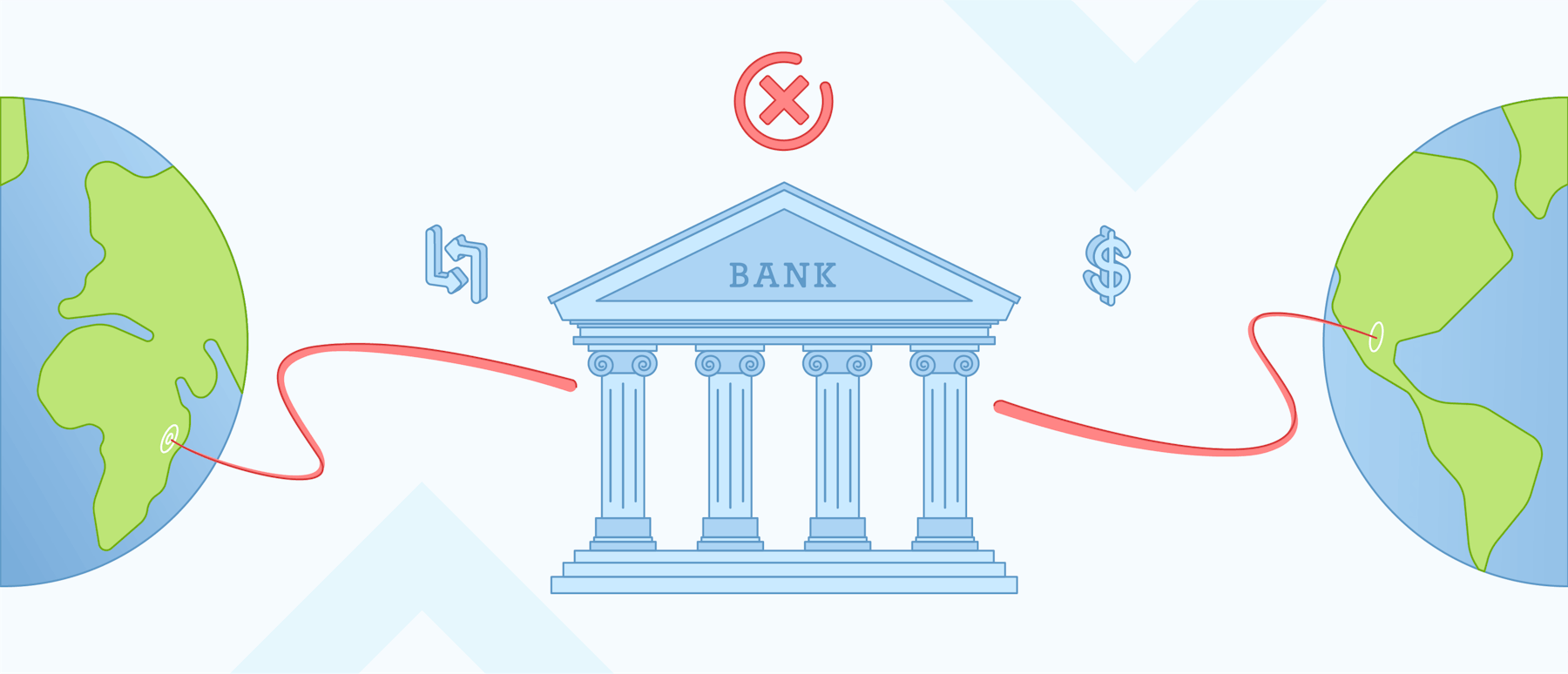
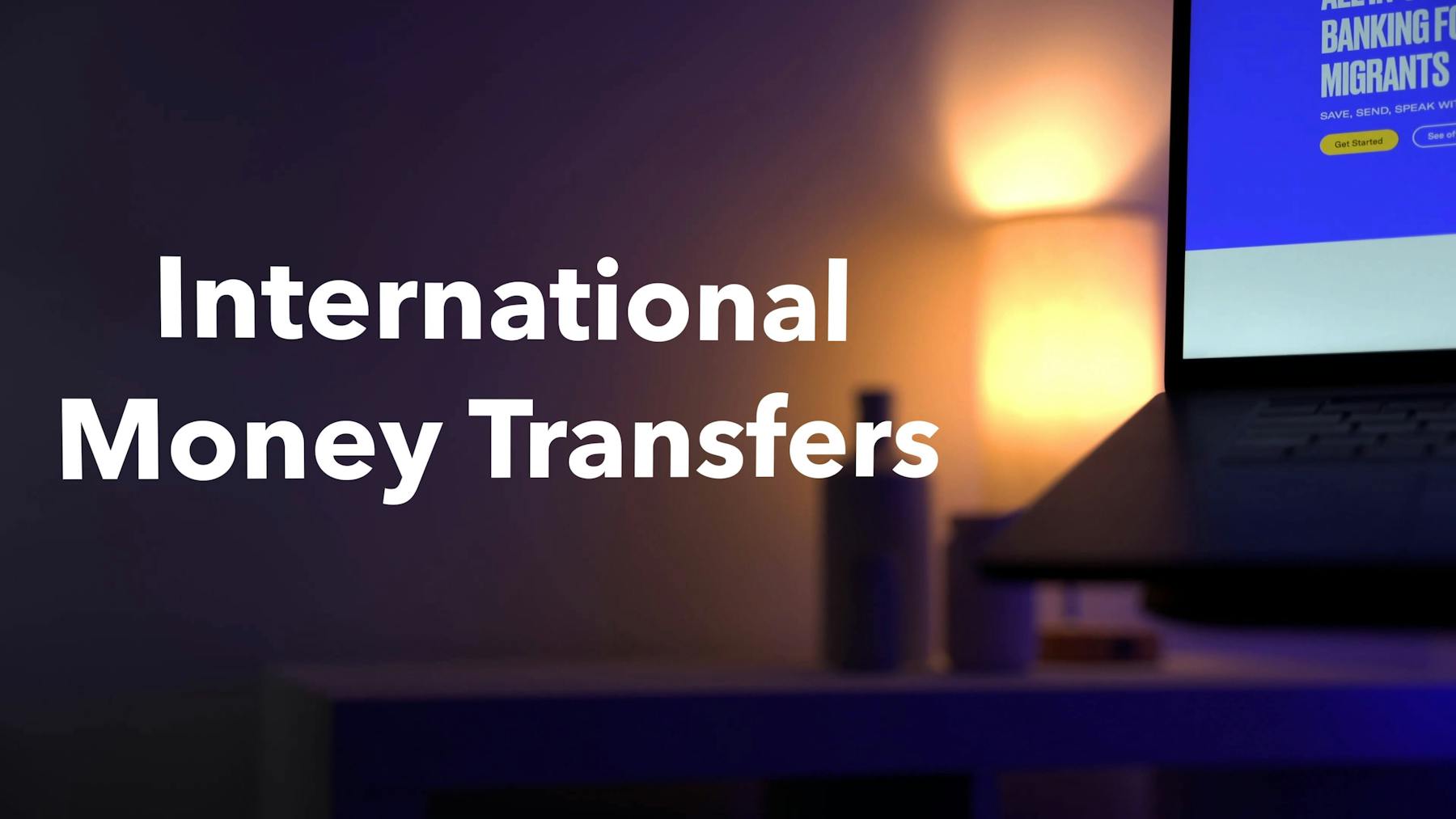

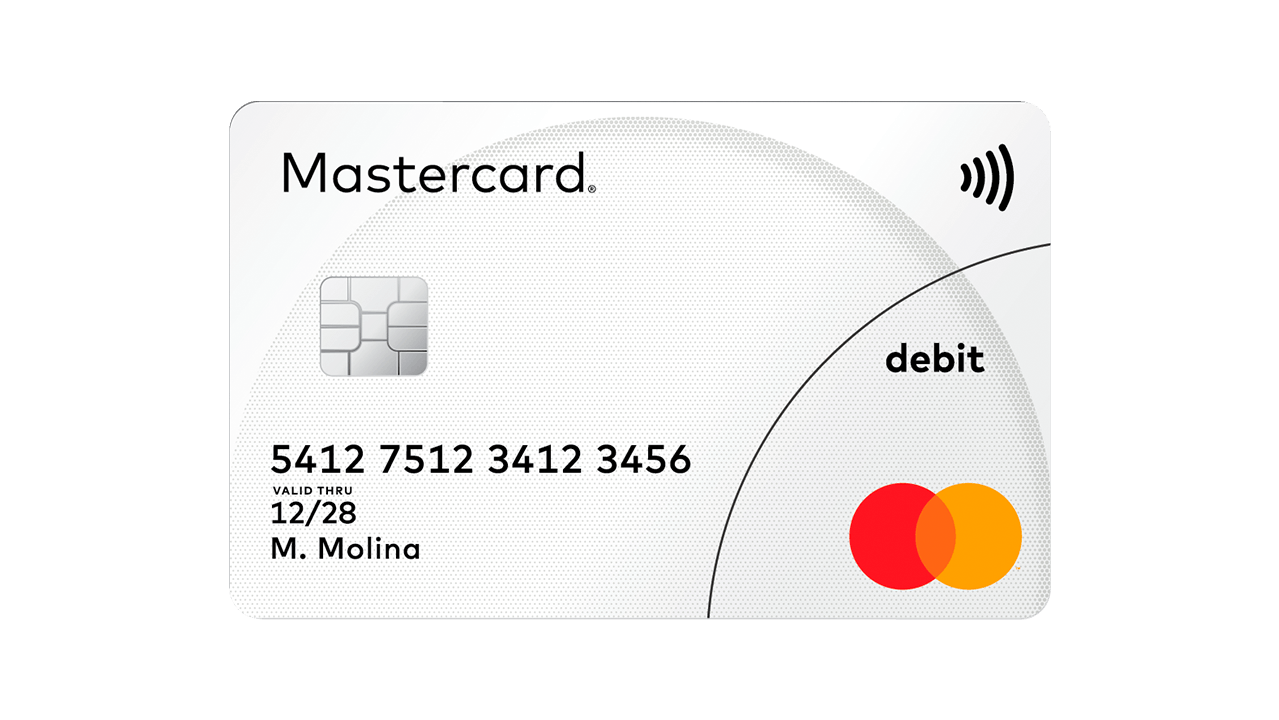

Why Trust Monito?
You’re probably all too familiar with the often outrageous cost of sending money abroad. After facing this frustration themselves back in 2013, co-founders François, Laurent, and Pascal launched a real-time comparison engine to compare the best money transfer services across the globe. Today, Monito’s award-winning comparisons, reviews, and guides are trusted by around 8 million people each year and our recommendations are backed by millions of pricing data points and dozens of expert tests — all allowing you to make the savviest decisions with confidence.
Monito is trusted by 15+ million users across the globe.
Monito's experts spend hours researching and testing services so that you don't have to.
Our recommendations are always unbiased and independent.